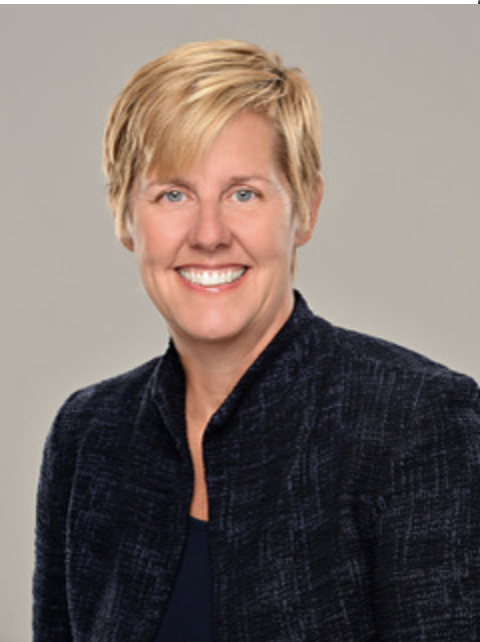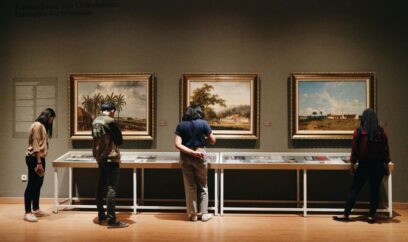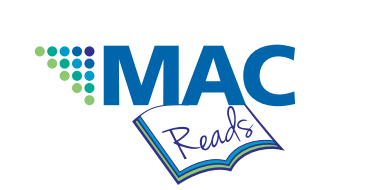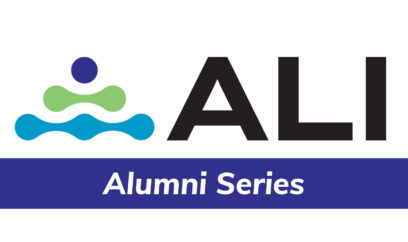Secondary students’ experiences in science learning have shifted over the last 15 years. These shifts can be seen through the lens of disciplinary literacy (DL) in which the practices and crosscutting concepts define how students are apprenticed into science as a discipline and science learning. This leads us to better understand why 3-dimensional assessment—disciplinary core ideas (DCIs) balanced with science and engineering practices and crosscutting concepts—is essential for supporting student sensemaking. In this session we will explore DL as supportive of the use of the science and engineering practices and crosscutting concepts for students. Using an example of high-quality instructional materials to see the breadth of DL in science learning and assessment, we will then discuss how we might expand DL and assessment even farther by more completely elevating the crosscutting concepts.
Framing Questions:
- How are the three dimensions of science learning supported by disciplinary literacy?
- How does disciplinary literacy, when seen as part of an apprenticeship into a discipline, help us to use the practices and crosscutting concepts in intentional ways?

Presenter: Mary Starr
Mary Starr, PhD, is currently the Executive Director of the Michigan Math and Science Leadership Network (MMSLN). MMSLN works to support teachers as they implement High-Quality Instructional Materials in Math and Science by creating and providing professional learning and coaching support. Mary has been working in Michigan and nationally in science and math professional learning for years and has been part of the Michigan Disciplinary Literacy Leadership team since the beginning of the work. She is consistently focused on how we can help teachers and students better understand and know they are using the science and engineering practices and crosscutting concepts to move beyond tasks that begin and end with vocabulary and memorization. In 2024, Mary received the Outstanding Leader in Science Education award from the National Science Education Leadership Association. Dr. Starr frequently shares big ideas in elementary science at the National Science Teaching Association national meetings, is a founding member of COESEE, has written a Middle School science series, sits on the state steering committee for OpenSciEd, and travels across the country to work with teachers. Currently she is co-PI on an NSF grant called Learning in Places working with teachers from across the country to co-design outdoor transdisciplinary learning focused on change making.






